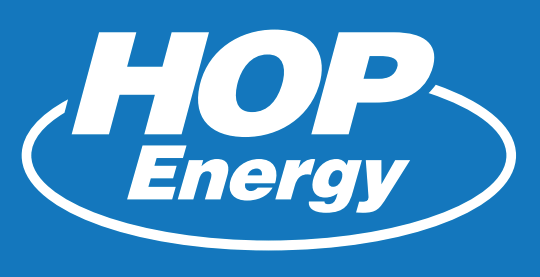When choosing a heating system for your home or business, it’s important to consider more than just monthly heating costs. The fluctuating prices of heating oil, propane, and natural gas should prompt you to evaluate other factors. This guide will explore the pros and cons of heating oil and propane systems, compare the costs of oil and propane furnaces, and take into account the geographical influence on your decision. Let’s delve into the details of home heating oil and propane.
An Overview of Propane vs. Heating Oil
Both heating oil and propane are delivered to your location by truck and stored in on-site tanks. Heating oil is derived from crude oil, while propane is a byproduct of natural gas processing. It’s essential to understand these fundamental distinctions before weighing their merits and drawbacks.
Differences Between Heating Oil and Propane
Heating oil is a low-viscosity fuel oil derived from crude oil, primarily used in oil furnaces or boilers. On the other hand, propane fuel is a liquified petroleum gas (LPG) compressed and stored as a liquid, produced from domestic natural gas processing.
Pros and Cons of Heating Oil
Heating oil offers several advantages, particularly in the Northeastern US. However, no heating method is perfect. Let’s examine the benefits and drawbacks of using home heating oil.
Benefits of Heating Oil
- Heating oil generates more heat per gallon compared to propane.
- It has a higher BTU output per gallon, resulting in better fuel efficiency.
- Oil equipment generally comes at a lower purchase cost.
- Heating oil is safe, vaporizing only at temperatures exceeding 140 degrees Fahrenheit.
- It burns cleanly without producing soot indoors.
Drawbacks of Heating Oil
- The price of heating oil is subject to international market forces and tends to be more volatile than propane.
- Heating oil emits more carbon dioxide gas when burned compared to propane.
- Oil furnaces require regular cleaning and maintenance.
Pros and Cons of Propane
Propane has been a popular heating option for decades, boasting distinct advantages over heating oil. However, it also has its limitations. Let’s explore the pros and cons of propane gas.
Benefits of Propane
- Propane is generally less expensive per gallon than heating oil.
- It produces minimal amounts of carbon dioxide when burned.
- Propane furnaces require less maintenance.
- Propane can power various home appliances.
Drawbacks of Propane
- Although heating oil costs more per unit, its higher heat output means you’ll use less heating oil to warm your home compared to propane.
- Propane furnaces come with a higher upfront cost compared to oil furnaces.
- Propane is combustible, requiring careful handling and storage outside.
- Unlike heating oil, propane tanks must be stored outdoors.
Cost of Oil Furnaces Vs. Propane Furnaces
Typically, oil furnaces have an initial cost that is approximately $1,000 lower than that of propane furnaces. Additionally, oil furnaces are easier to install and require less maintenance. However, propane furnaces offer greater heating efficiency, require less fuel than oil furnaces, demand fewer maintenance efforts, and have a longer lifespan. The optimal fuel choice for your home depends on your location and budget, as heating oil and propane prices can vary. Consulting local heating professionals can provide valuable insights before making a decision.
Uses of Heating Oil and Propane
Heating Oil Uses
Heating oil is a versatile resource with numerous applications. It powers industrial machinery, heats commercial buildings, and keeps homes warm during winter. According to the US Energy Information Administration, about 5.3 million US households rely on heating oil as their primary space heating fuel, with approximately 82% of those households located in the Northeast region.
Common Applications of Heating Oil
- Home heating
- Industrial uses
- Backup generator power
- Water heating equipment
- Stoves, ranges, and boilers
Propane Uses
Propane serves beyond home heating purposes. It fuels commercial buildings, powers outdoor equipment like lawnmowers and chainsaws, and operates indoor appliances such as stoves, ovens, and dryers. Additionally, propane is commonly used in recreational vehicles (RVs) and for heating outdoor areas like decks and patios.
Common Applications of Propane
- Heating homes
- Fuel for outdoor grills
- Powering outdoor equipment
- Fueling recreational vehicles (RVs)
- Heating indoor appliances
In Need of Propane or Heating Oil Delivery?
For reliable propane fuel and home heating oil delivery in the Northeast, turn to HOP Energy. With a state-of-the-art computer monitoring system, we track your energy usage and closely monitor local weather forecasts to ensure a consistent supply of propane or heating oil whenever needed. At HOP Energy, customers are billed only for the fuel they use. Contact us to learn more about our services in your area.




